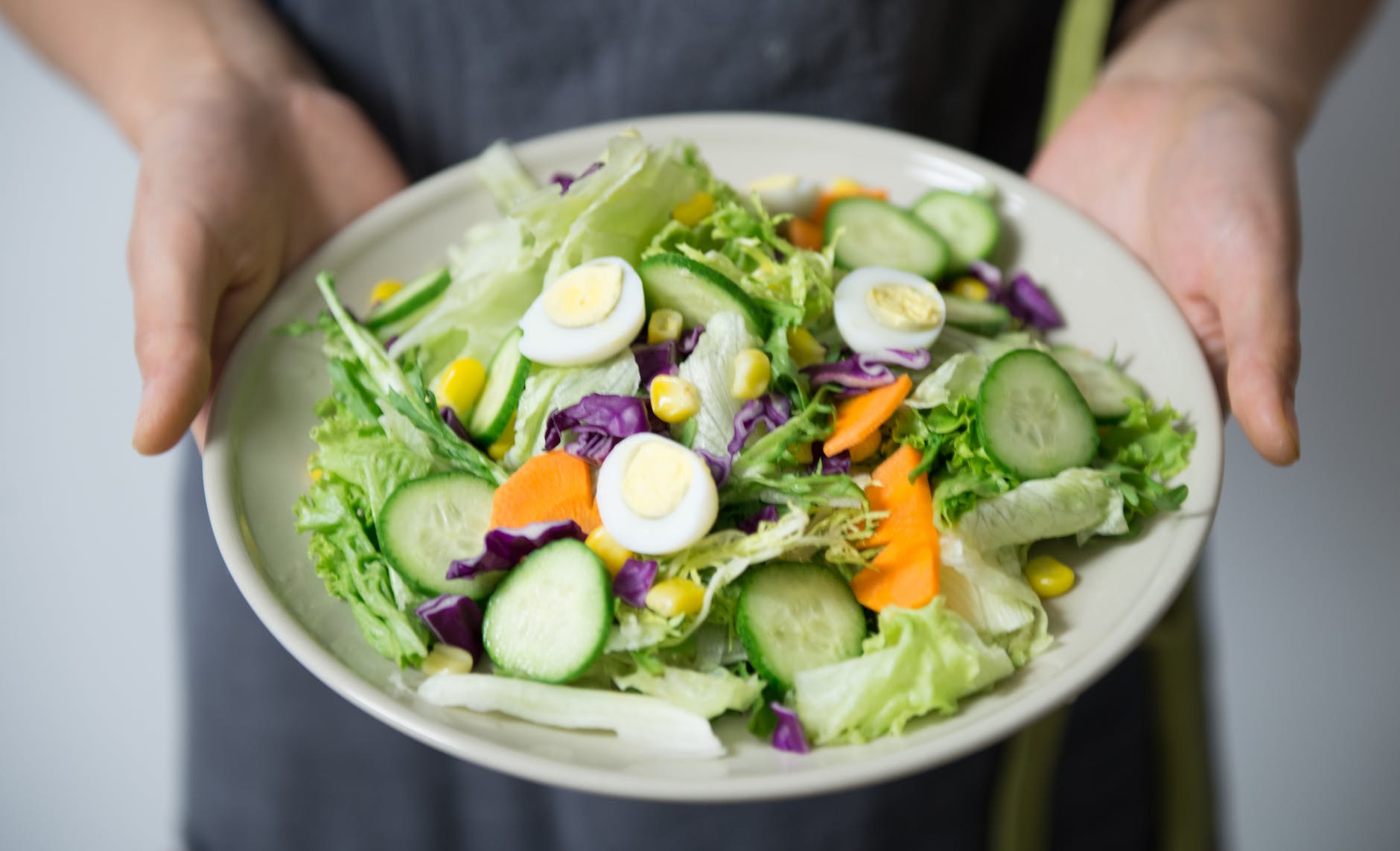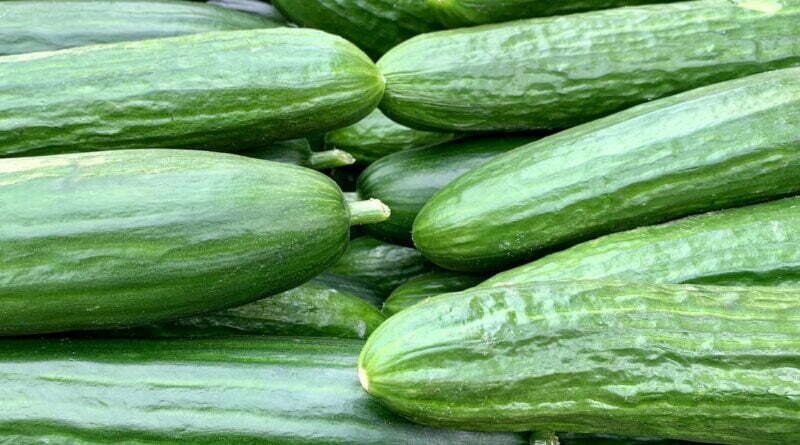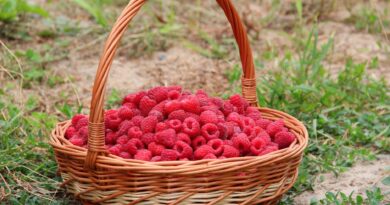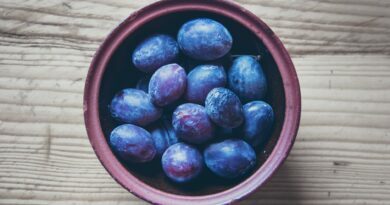Cucumber: Growing Tips, Health Benefits, and Meal Ideas for Your Allotment
Cucumbers are a delicious and refreshing vegetable that can add variety to your allotment and your diet. These crunchy and hydrating vegetables are perfect for adding to salads, sandwiches, and wraps, and can also be pickled for long-term storage. In this post, we’ll cover the health benefits of cucumbers, how to grow them on your allotment, and some meal ideas for using this versatile vegetable.
Health Benefits of Cucumbers
Cucumbers are a low-calorie vegetable that is high in water content, making them an excellent choice for hydrating your body. They are also packed with essential vitamins and minerals, including vitamin C, vitamin K, and potassium. Vitamin C is essential for a healthy immune system, while vitamin K is important for bone health and blood clotting. Potassium helps to regulate blood pressure and maintain a healthy heart.
In addition to these essential vitamins and minerals, cucumbers are also rich in antioxidants like beta-carotene, flavonoids, and lignans. These antioxidants help to protect your cells from damage caused by free radicals and may help to reduce inflammation, improve digestion, and lower the risk of chronic diseases like heart disease, diabetes, and cancer.
Growing Cucumbers on Your Allotment
Cucumbers are a warm-weather crop that can be grown on your allotment from mid-May to mid-June. They prefer a sunny and sheltered spot with well-draining soil. To plant cucumbers, sow the seeds 1 inch deep and 12 inches apart in rows spaced 3 feet apart. Once the seedlings have emerged, thin them to one plant per spot.
Cucumbers require regular watering to keep the soil moist but not waterlogged. You can also fertilize them every few weeks with a balanced fertilizer to promote healthy growth. As the cucumbers grow, they will need to be trained up a trellis or support system to keep them off the ground and prevent damage.
One thing to keep in mind when growing cucumbers is that they are prone to pests and diseases like cucumber beetles, powdery mildew, and downy mildew. To prevent these issues, you can use insecticidal soaps, neem oil, or other organic pest control methods, and make sure to keep the plants well-ventilated to reduce the risk of fungal diseases.
Harvesting cucumbers is best done when they are about 6-8 inches long, before they become too tough and seedy. You can pick them regularly to encourage more growth, and store them in the fridge for up to a week.

Meal Ideas for Cucumbers
Cucumbers are a versatile vegetable that can be used in a variety of dishes. Here are some ideas for incorporating cucumbers into your meals:
- Add them to salads: Cucumbers add a refreshing crunch to salads, and can be sliced or diced to add some texture.
- Make pickles: Cucumbers can be pickled with vinegar, salt, and spices for a delicious snack that can be stored for months.
- Top sandwiches and wraps: Cucumbers are a classic topping for sandwiches and wraps, and add a refreshing crunch to your favourite dish.
- Use in dips: Cucumbers can be chopped and added to dips like tzatziki or guacamole for an extra burst of flavour.
- Make smoothies: Cucumbers can be blended with other fruits and vegetables for a refreshing and hydrating smoothie.
- Grill them: Cucumbers can also be grilled or roasted for a unique and flavourful addition to your meal.
- Use in sushi rolls: Cucumber is a common ingredient in sushi rolls, and adds a refreshing crunch to the dish.
- Make cucumber noodles: Cucumbers can be spiralized to create a low-carb alternative to traditional pasta.
Cucumbers are a healthy and versatile vegetable that can be grown on your allotment and used in a variety of dishes. They are packed with essential vitamins and minerals, and their high water content makes them a great choice for hydrating your body. By following the tips above, you can grow your own cucumbers on your allotment and enjoy the many health benefits and meal ideas they have to offer.




